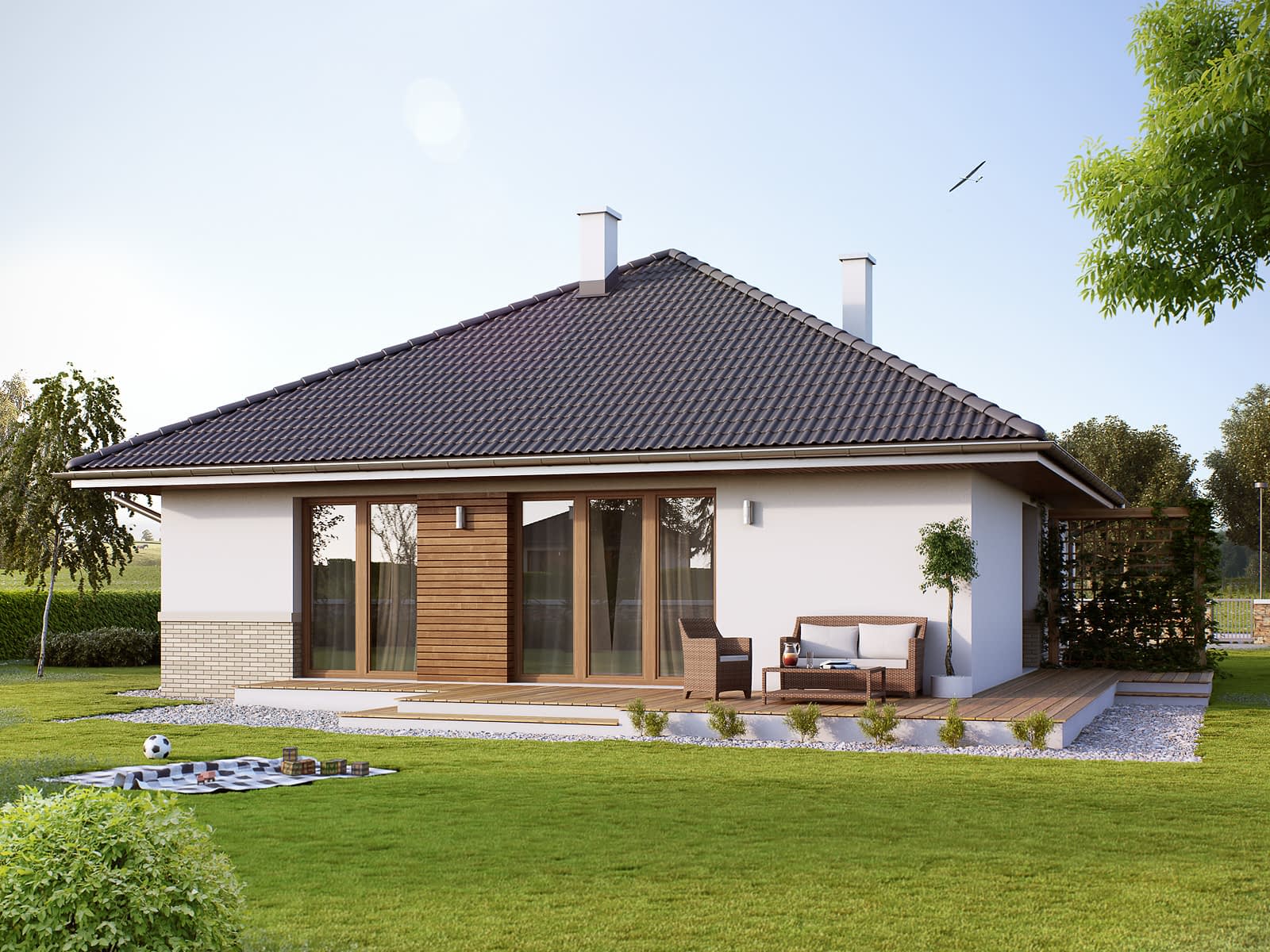





A link to download your FREE brochure will be in your inbox in 3 minutes



















The final price may vary based on project specifics.
To get a free accurate quote tailored to your needs, book a consultation with us today!

The price per square foot provided is an average and may vary depending on project-specific details such as materials, location, complexity, and other factors. Actual costs may differ from the average provided.
It is recommended to obtain a detailed quote based on the specific requirements of your project.

Please note that the monthly payment displayed on this page is an estimate and is subject to variation based on the selected loan product, applicants credit score, loan amount, and other financial details. Actual monthly payment may differ from the estimate provided.
It is recommended to seek advice from a financial advisor or loan officer to obtain precise payment information tailored to individual circumstances.
 Your Trusted
Local Contractor
Your Trusted
Local Contractor

All experts, builders and homeowners point out that the accessory dwelling unit is a completely independent living space. However, how can we measure this independence? One of the indicators is the fact that during the construction of accessory dwelling units, specialists equip individual HVAC systems, as well as electrical wiring for these projects. The latter component plays a crucial role because the installation of the electrical service sub-panel radically changes the electricity management system throughout your property.
If you are thinking about installing an electrical panel in ADU, then this review is for you, because today we will tell you whether it is necessary for a new ADU project or not, how much does an electrical service upgrade cost, why you can not do without the help of a licensed electrician in this matter, and also introduce the basic terminology of electricity to those for whom this is a new world.
Within the construction process of a new accessory structure, there is always a question of providing a living space with light, especially if your professional activity has a direct connection to the need for bright lighting. Most often, property owners ask three questions: whether it is necessary to install a separate electrical panel for the ADU, what price tag this service has, and what will await the homeowner if he ignores this aspect of the building process. Let’s answer each of these questions.
In the list of local regulations, we can easily find the answer to this question, namely, that the installation of a separate electrical service panel in the ADU is a prerequisite all over California. However, the main nuance lies in its location. If we are talking about an attached ADU or unit that stands no further than 150 ft. from the main house, then you need to install the new meter next to the existing panel in the primary residence. If the ADU stands at a distance of more than 150 ft., then grouping is not a strict requirement, and you can install a separate meter in a new ADU project.
We identify two fundamental factors that have a direct impact on the price tag of installing a new panel in the accessory dwelling unit. First, the quality of the existing electrical wiring. For example, if you are implementing a garage conversion project and the old garage already has good wiring, then the price will be significantly lower. Secondly, if you connect the ADU sub-panel to the primary service panel in the house, it will also cost less than installing a separate meter. In general, the average price for such a service with the installation of all necessary appliances is about $10000-$12000.
Many property owners are tempted to save money and connect the electrical system of a new living space to the existing electrical service panel in the main house, and this decision can have several unpleasant consequences. Firstly, one electrical meter box cannot cope with the load of providing light to two large spaces at once, which means that the risk of an emergency situation and, as a result, a fire increases. Secondly, during a routine inspection, specialists can detect this violation, which will first result in a warning and, in case of repeated violation, a fine. Based on all this, from the point of view of safety and financial stability, the best solution is to install separate meters in ADUs rather than ignoring this decision.
If by this point you still feel constrained due to a lack of special knowledge on the topic of electricity, then now we will quickly fix it.
Deciphering these five concepts will instantly make you a person immersed in the topic of electrical maintenance:
Now you are in the course of basic concepts, and this knowledge will definitely be helpful to you in the long run perspective, when you have to do electrical work on your own or discuss upgrading with specialists, or maybe you use them during a quiz with friends.
Your property is a large ecosystem that requires changes from time to time. It can be something insignificant, for example, the purchase of new equipment for a children’s room, or something global, e.g., the panel’s replacement.
Below, we have collected for you the most common situations when homeowners have an urgent need for the ADU electrical panel upgrading:
Finally, if you notice any mechanical damage in your meter box, for example, melted circuits, cracked frame, or blackened wires, then in no case hesitate to upgrade the electrical panel in your ADU.
The building process includes many aspects that you need to analyze in advance and that are almost impossible to change after the project completion. One of these factors is the laying of power lines, and homeowners have three options in this matter.
Let’s list each of them:
On the whole, each of these options has many legal and bureaucratic nuances that only a specialist can figure out. Therefore, before connecting your service panel to one of the lines, be sure to consult with the masters.

During the construction or renovation of ADU projects, homeowners tend to do some work themselves rather than trusting professionals to do it. This decision is reasonable in the case of wallpapering or plastering surfaces, but it is unacceptable when the property owner is trying to install a new service panel.
In the matter of electrical work, you cannot do without the help of a professional electrician, and there are three reasons for this. Firstly, experts know not only common issues, but also all the smallest nuances of working with electricity. This allows them to do their work efficiently and not harm themselves, unlike homeowners who electrocute themselves while working and end up in the hospital with burns.
Secondly, the knowledge of the craftsmen allows them to select the right panels that will meet all your needs, fit the parameters of the ADU building and comply with all legal norms. Thirdly, the work of the master is a guarantee of durability, such an installed panel will not burn out after two weeks of active use.
The answer to this question lies in the location of your ADU. According to the regulations, if the unit stands at a distance of more than 150 ft.., then you need to install a separate panel, if not, then you can install it in the main house to simplify access. You should observe these conditions both from the point of view of safety and in the case of a scheduled inspection.
The average ADU’s electricity consumption ranges from 80 to 100 amps. However, homeowners often equip the living space with various appliances, so any electrician will advise you to install the meter at 125 amps of power so that the installed panel does not always work at the high limit.
The average costs for an electric panel installation service rarely exceed $10000-$12000, however, very often there is a need for additional costs. The explanation for this lies in outdated underground transmission lines or unsafe existing wiring, which a homeowner also can replace so that the panel will work efficiently and safely in the future.
This is a mathematical operation that allows you to estimate how much electrical energy a living space needs to function fully and meet basic household needs. Only specialists can make such calculations correctly because they take into account all aspects of the system.
Electrical work is the prerogative of exclusively qualified electricians. Specialists know how to safely handle electricity, how to ensure safety on the entire property, including the ADU, as well as how to set up the operation of the electric panel so that it does not require expensive upgrading after two months of operation.
Get a First Look at Real ADU Projects